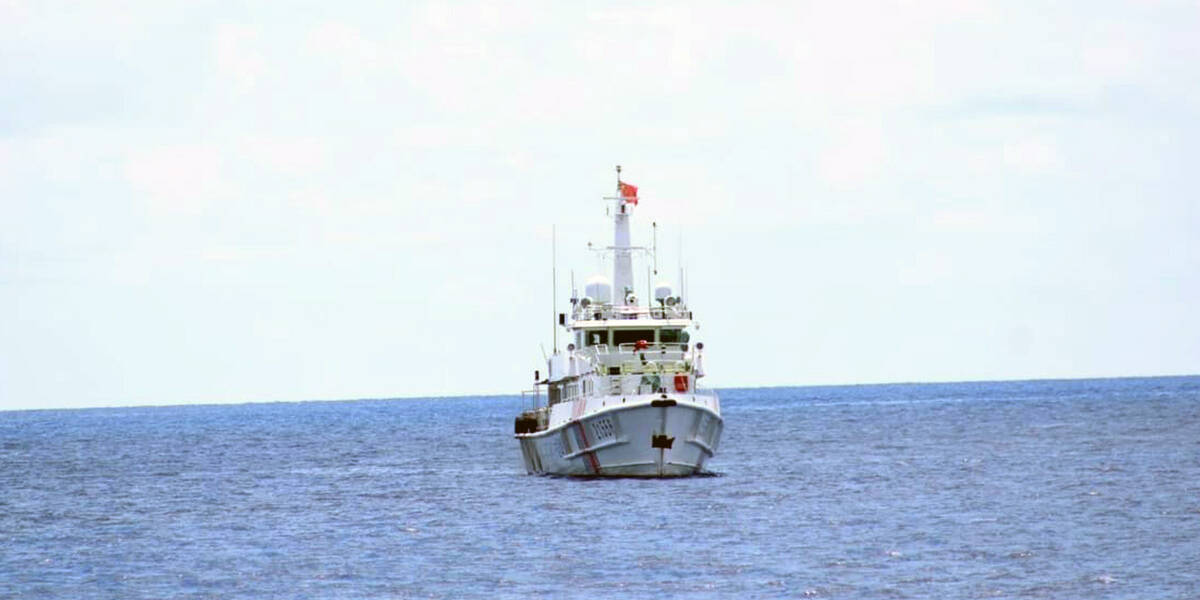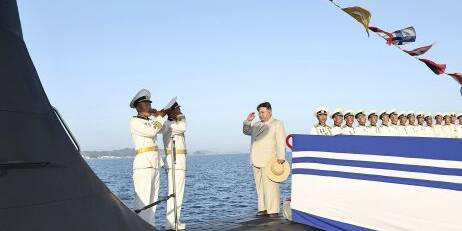Fu S. Mei, for Pacific Forum
More than a mere pact over submarines, the Australia-United Kingdom-United States trilateral (AUKUS) signifies the crossing of a strategic threshold by Washington and its partners, past robust competition and toward outright confrontation. This, naturally, has significant implications for Taiwan’s security.
By agreeing to afford Australia access to nuclear naval propulsion and other advanced strategic technologies—a first since the US-UK Mutual Defense Agreement of 1958—AUKUS fortifies the US-led order to deter military challenges in the region. AUKUS, of course, has the Chinese Community Party (CCP) regime in mind. This strengthening of the defense relationship with Canberra, even at the expense of political fallout with Paris, signals to Beijing that Washington (and its partners) are preparing in case of conflict.
Taiwan is where such conflict looks likely, given the irredentist claims by China, the significance of its geography to major regional powers (e.g., the United States, or Japan), and its critical role in the global supply chain.
Nuclear-powered submarines (or SSNs, as the US Navy calls them) will give Australia the range, transit speed, and endurance to provide meaningful presence in the Taiwan Strait. Moreover, SSNs are one of the few assets able to penetrate and conduct sustained operations within China’s anti-access area-denial, particularly in combination with submarine-launched cruise missiles. The other long-range strike capabilities provisioned under AUKUS (Tomahawk cruise missiles for the Hobart-class destroyers, air-to-surface missiles for Royal Australian Air Force fighter aircraft, precision strike missiles, and US-Australian collaborative development of hypersonic missiles) will also strengthen Australia’s capacity to support US military operations in first-island-chain contingencies.
What’s more, AUKUS signals strengthened British security commitments to the Indo-Pacific, already demonstrated by the HMS Queen Elizabeth carrier strike group’s 28-week deployment to the region.
These contribute to enhancing the so-called “integrated deterrence” championed by the Biden administration, particularly Secretary of Defense Lloyd Austin.
Click here to read the full article at the Pacific Forum.
Fu S. Mei (tdrfsm@aol.com) is Director at the Taiwan Security Analysis Center in Manhasset, New York.
Related Analyses
September 15, 2024
West Philippine Sea: Several factors force BRP Teresa Magbanua to return – PCG
0 Comments1 Minute


